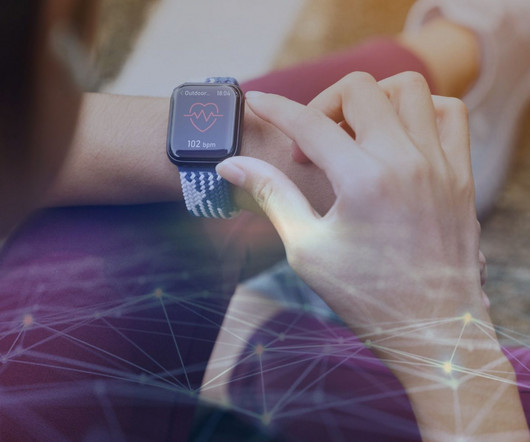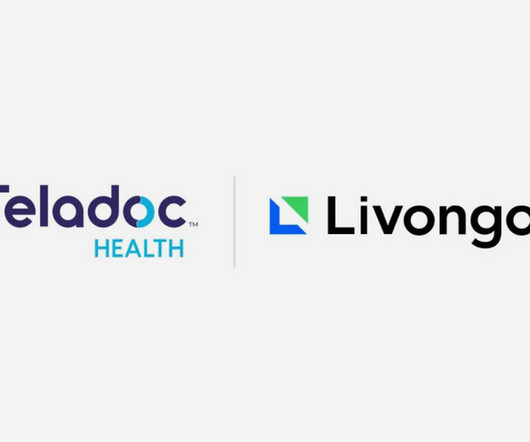6 challenges healthtech can help us tackle – Pt.2
Digital Health Global
NOVEMBER 2, 2023
Wearable monitoring devices, genomics, and AI play vital roles in this transformation, enabling personalized interventions and collective health data sharing for research. There are three main advantages to the use of AI in drug development: width of research, speed of execution, low costs. 2021 [6] Regina M.












Let's personalize your content